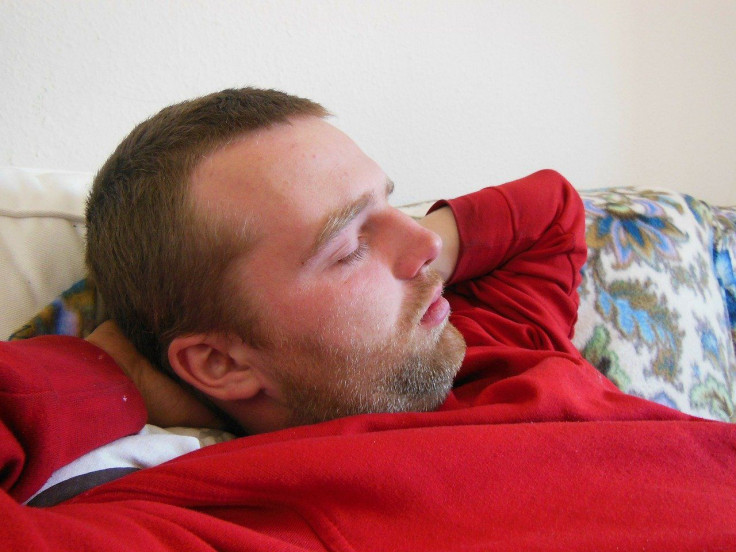Experts Reveal How A Nap Can Have Both Good And Bad Effects For The Body

KEY POINTS
- There are pros and cons to habitual napping
- A power nap can help boost memory and reduce fatigue, especially if one is well-rested
- If someone is napping because they cannot stay awake, it could a sign of an underlying health problem
Enjoying a power nap anywhere from 14 to 45 minutes will give you both benefits and downsides.
Taking a nap for a few minutes during waking hours provides the body with many benefits, but it can also have negative effects. Experts warn that you need to have the right reasons for taking that nap.
A power nap offers a lot of benefits which include improving memory and reducing fatigue for the rest of the day, said Dr. Michael Grandner, Sleep and Health Research Program director at the University of Arizona. "If you're otherwise well-rested, that kind of nap can actually boost performance pretty well."
Some companies, like Google and NASA, reportedly let their employees enjoy some naptime during regular workdays. They have even installed what they call "sleep pods" for workers to enjoy around 20-minute naps to improve productivity, especially during the second half of their workday when breaks are common.
The long-term effects of such breaks, however, are less conclusive.
A study published in 2019 in the British medical journal Heart monitored the napping habits of almost 3,500 participants over five years and found those who do it once or twice a week were at a 48% lower risk of suffering a cardiovascular event compared to those who did not take power naps. But another meta-analysis of 11 studies published in 2015 in the journal Sleep showed those who nap for one hour or more each day are likely to have 1.82 times the rate of cardiovascular disease compared to those who did not nap, according to US News and World Report.
Dr. Clete Kushida, a neurologist and professor of psychiatry and behavioral sciences at the Stanford University Medical Center, explained there is little knowledge about how naps are associated with either good health or risk of developing a medical condition like cardiovascular disease. "More research needs to be conducted," he said.
Both Grandner and Kushida believe that the more important question is why someone is taking that nap.
“If you're napping because it helps you get through the day, that's probably a good thing,” Grandner said, adding that if someone is napping because they cannot stay awake, it is a sign of an underlying health problem. He said it could also be that the person is not getting adequate sleep at night or their sleep quality is poor.
The Centers for Disease Control and Prevention (CDC) says a third of adults in the U.S. do not get adequate sleep. The standard recommendation is at least seven hours of sleep each night. Falling below that exposes you to the risk of developing diabetes, obesity, depression, and heart disease.
"If an individual has significant daytime sleepiness leading to inadvertent or spontaneous naps, it usually indicates sleep quantity or sleeps quality issues," Kushida said.
© Copyright IBTimes 2025. All rights reserved.





















